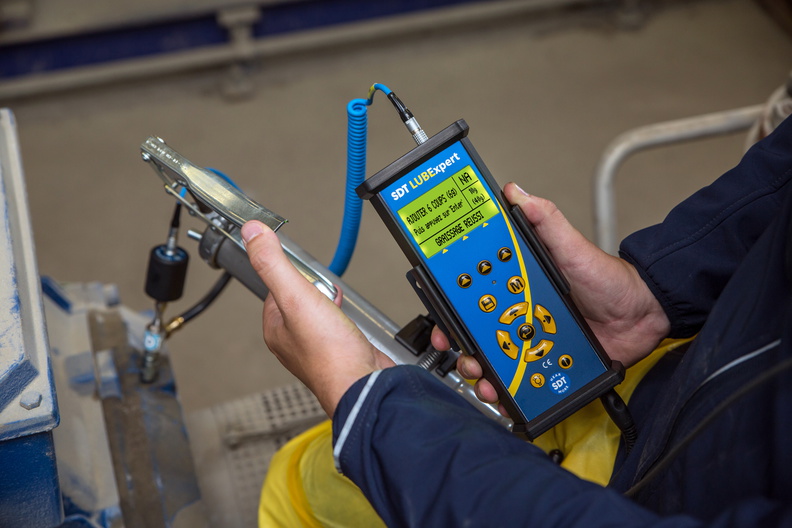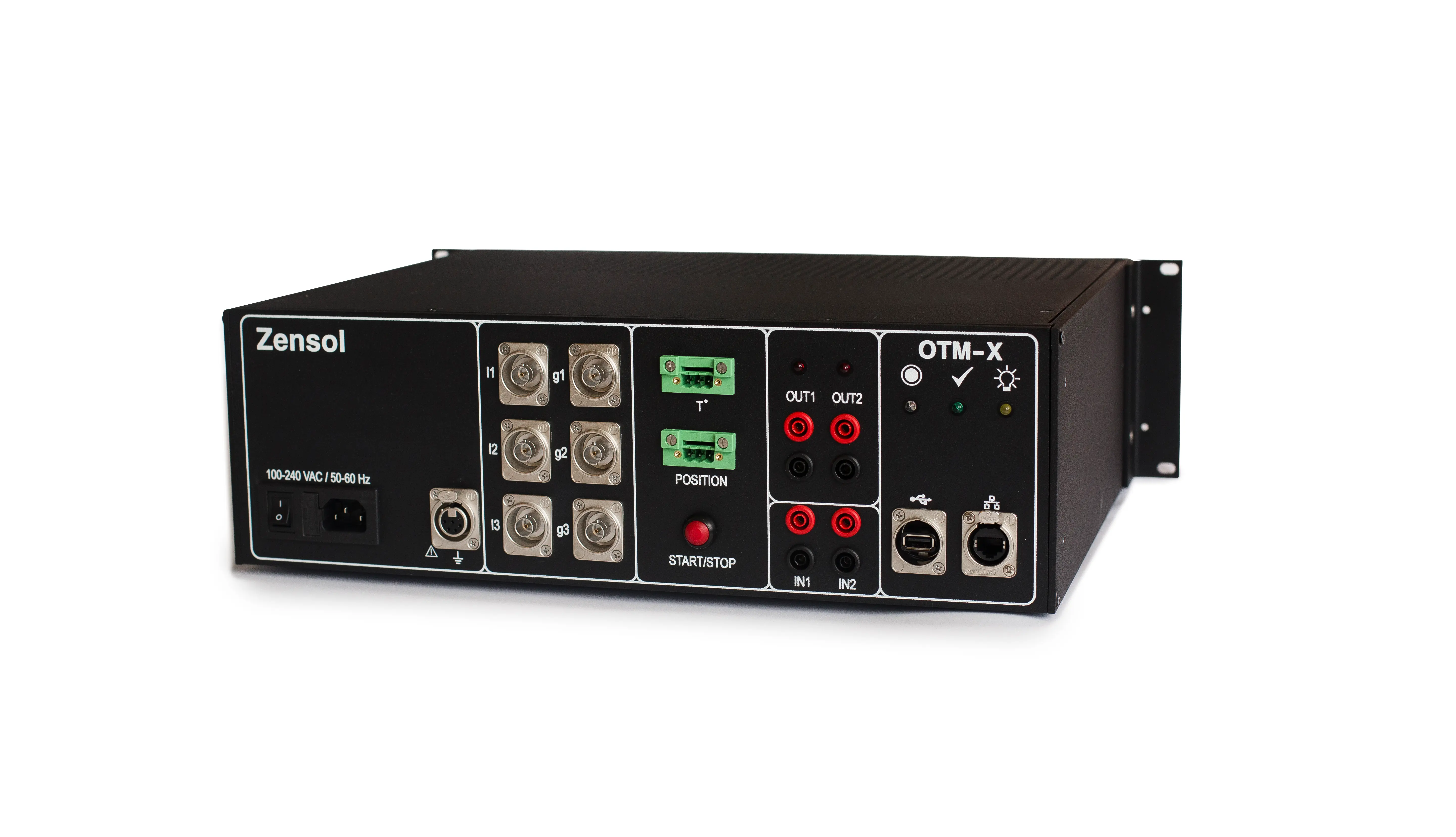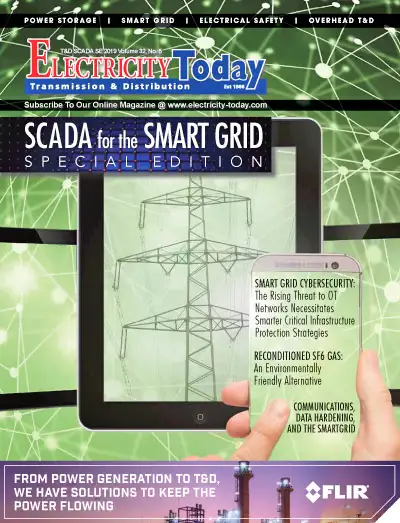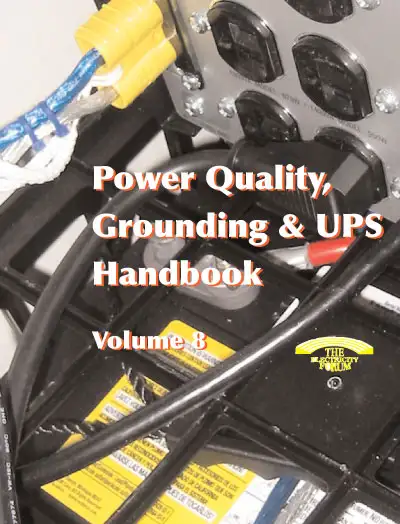Battery Storage System Protection
Thermal Runaway and Fire Hazards
Wind Turbine Electrical Protection
Solid-State Circuit Breakers for Wind Turbine Protection: Revolutionizing System Safety and Efficiency
Coordinating Wind Turbine Protection with Fluctuating Grid Conditions
Protection in Solar PV Systems
Protection in Solar PV Systems: Addressing DC Arc Flash Hazards with AFDI
Enhancing Fire Safety in Solar PV Systems: A Comprehensive Protection Approach
Protection for Renewable Energy Systems
Ground Fault Protection for Solar Systems: Enhancing Safety through Innovation
Introduction to Ground Fault Protection
Solar photovoltaic (PV) systems are a cornerstone of renewable energy generation. However, ensuring their safety requires addressing specific electrical hazards. Unlike traditional AC (Alternating Current) systems, solar PV systems primarily operate with DC (Direct Current) electricity. While DC offers advantages like reduced transmission losses, it presents unique safety challenges in the form of ground faults. These faults occur when an unplanned electrical connection forms between a current-carrying conductor and the grounding system. Ground faults can lead to electrical shock hazards and potential equipment damage. This article explores innovative grounding and leakage current detection technologies for solar PV systems, emphasizing their role in enhancing safety and minimizing equipment damage.
The Significance of Ground Fault Protection
Ground faults in solar PV systems can pose severe risks, including electrical shock, fire hazards, and system performance degradation. Effective ground fault protection not only enhances the safety of the installation but also preserves the integrity and reliability of the solar energy system.
Risks Associated with Ground Faults
Ground faults can occur due to insulation failure, wiring damage, or equipment malfunction, leading to unsafe conditions and potential damage to the solar PV system. These faults can compromise the electrical isolation of...















